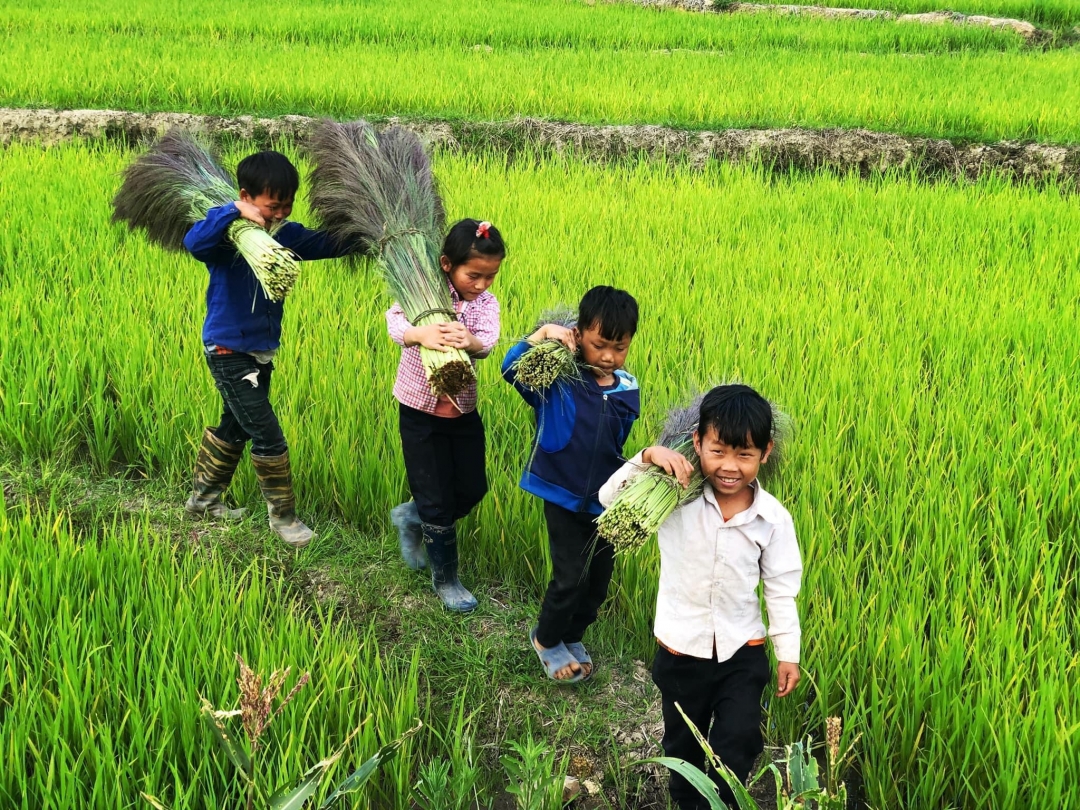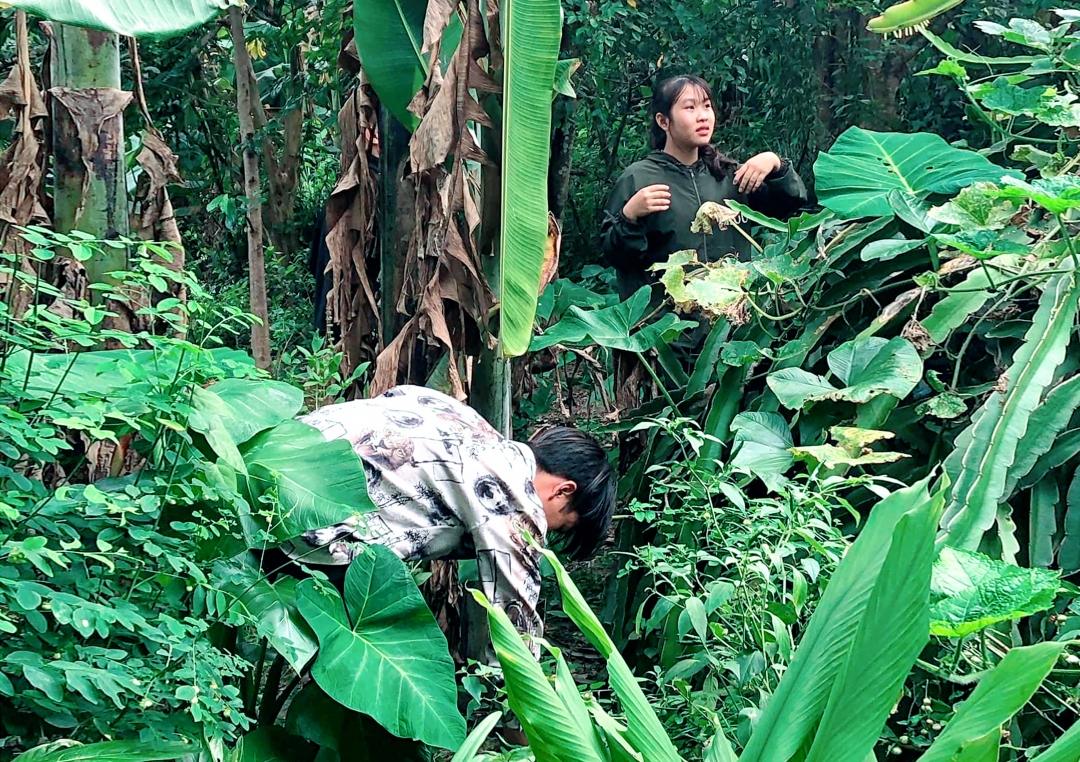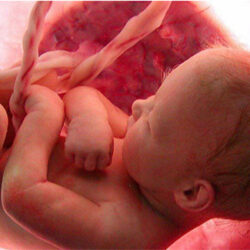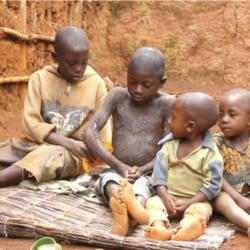Without trips with relatives, without fun and entertainment like friends of the same age, the summer of poor children in M’Drak district is the days of struggling to make a living to have more money to buy clothes. new, new school slippers…
The summer of Ho Ngoc Loi (residential group 9, M’Drak town) is the day he wanders around the streets to sell lottery tickets to help his parents make ends meet and buy clothes and books for their children. new schoolyear.
Loi’s family is poor, has no productive land, both parents are freelancers, their income is unstable, just enough to make ends meet. At a young age, Loi quickly understood the hardships of his parents, so he became independent very early. For about 3 years now, taking advantage of summer vacations, I have worked part-time, selling lottery tickets to earn extra income for my family. Loi said, Regardless of whether it’s rainy or sunny, I go out to sell. Every day, I sell about 70 – 100 lottery tickets, which works out to about 100,000 VND. The money I earn gives my parents food and contributes to study expenses.
 |
| Poor children in Cu San commune earn money to sell. |
After this summer, Loi will be in 11th grade. She plans to spend a lot of time consolidating her knowledge to prepare for the high school graduation exam. My dream is to get into university and have a stable job to help my family avoid suffering.
The summer days of the three brothers Trieu Bao Thien, Trieu Thi Chang, and Trieu Bao Dang (in Song Cho village, Cu San commune) are also working days. Born into poverty, his father died early, his mother left, and the three sisters lived with their grandmother. Since childhood, children are used to finding crabs and snails. When he entered middle school, he loved his grandmother’s hard work. In addition to studying in class, Trieu Bao Thien took on a job doing everything from clearing forests, peeling acacia to hoeing grass… to have money to cover expenses and tuition. for three brothers. As for Trieu Thi Chang, she does housework, takes care of meals and takes care of her youngest sister. In his free time, Chang works as a restaurant maid to earn extra money to help him and his grandmother.
In the 2022 – 2023 school year, Bao Thien graduated from high school, but because of difficult circumstances, he temporarily put his dream of going to university on hold. Thien plans to go to Binh Duong province to find a job to ease the burden on her grandmother, send her children to school, and at the same time register to learn a foreign language to find opportunities for the future. As for Bao Chang and Bao Dang, this summer they are still working to have more expenses for the new school year.
 |
| Two brothers, Bao Thien and Bao Chang, took on jobs as garden weeders during the summer. |
According to statistics from the Department of Labor, War Invalids and Social Affairs of M’Drak district, the entire district currently has about 24,000 children under 16 years old, of which 16,382 children are at risk of falling into particularly difficult circumstances.
In recent times, the district’s authorities have had many programs and activities to care for poor children such as: building communes and wards suitable for children; Timely assistance for children in special circumstances; vocational training, scholarships, health insurance cards, organizing fun activities and giving gifts on the occasion of Action Month for Children, Mid-Autumn Festival…
However, these supports still do not meet actual needs. Because, if you want to end the situation of children having to work early, you need long-term solutions. Meanwhile, taking care of children still faces many difficulties, partly due to limited funding, lack of local staff specializing in child care and protection, and lack of access skills. , counseling and support to help children is still limited, partly due to barriers from the family and social community, especially in remote communes and ethnic minority areas.




